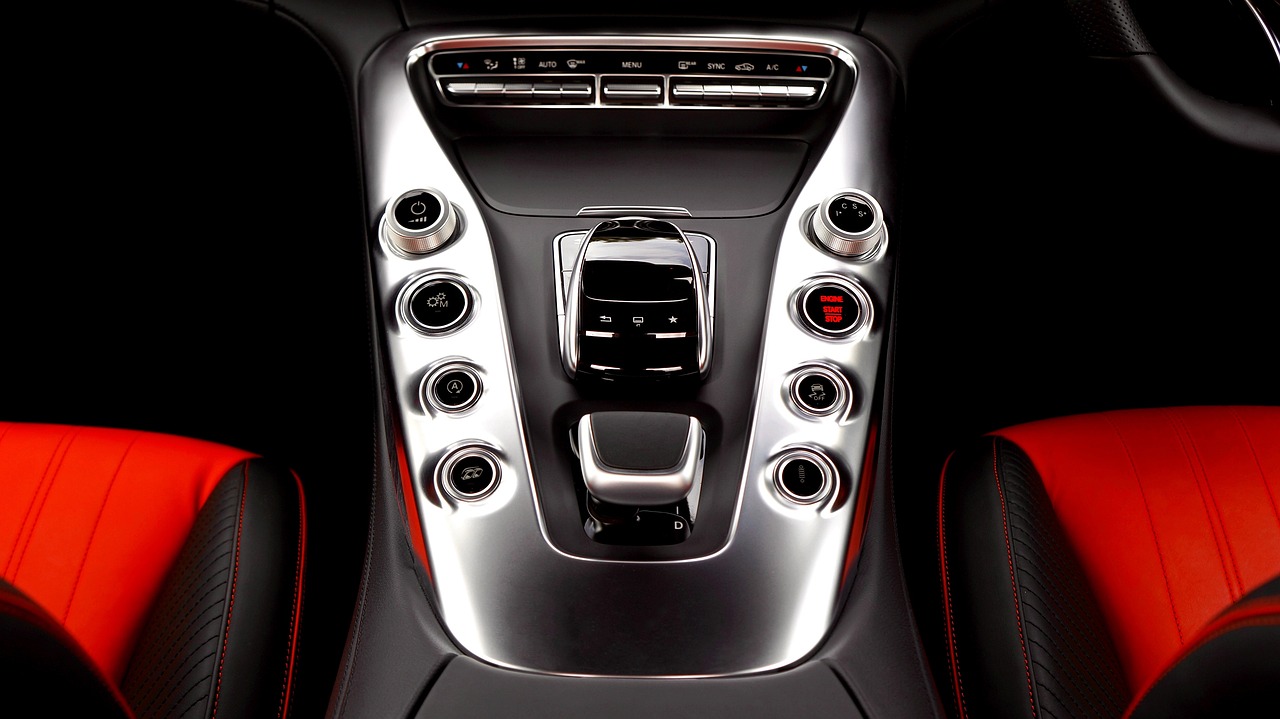When contemplating the initiation of driving, an array of considerations demands thoughtful evaluation. For certain individuals, obtaining a driver’s license promptly upon turning 17 is an intuitive decision, while others may opt for a more deliberate approach.
Delving into the complexities of this decision-making process, this discourse seeks to expound upon the advantages and disadvantages associated with commencing driving at the age of 17, empowering individuals to make informed choices tailored to their unique circumstances.
Advantages of Commencing Driving at 17:
Embarking on the journey of acquiring a driver’s license at the age of 17 holds intrinsic appeal for several reasons. Firstly, the allure of exploring the open road and gaining autonomy becomes particularly compelling at this juncture. The prospect of navigating one’s own path with a personal vehicle imbues a sense of freedom and excitement.
Secondly, the acquisition of a driver’s license endows an individual with newfound independence. No longer reliant on parental or peer assistance for transportation, the ability to come and go at will becomes a tangible manifestation of self-reliance.
Lastly, driving, with its potential for therapeutic benefits, can serve as a means to alleviate stress and clear the mind. The act of cruising with personalized music, in particular, can contribute to a cathartic experience.
Disadvantages of Commencing Driving at 17:
Conversely, there exist notable drawbacks to obtaining a driver’s license immediately upon reaching the age of 16. Foremost among these considerations is the prohibitive cost of car insurance for young drivers. Statistics reveal that individuals aged 17-19 face an annual insurance expense averaging €4500, a figure nearly four times the €1100 paid by their counterparts aged 30-59.
Furthermore, if one is not sufficiently prepared mentally or emotionally to shoulder the responsibilities of driving, it is advisable to defer obtaining a license until a more mature age. Driving is a serious undertaking, demanding unwavering focus and concentration. Postponing the decision until one is adequately prepared is a prudent course of action.
In essence, the decision of when to commence driving is a highly individualized one, contingent upon myriad factors influencing personal circumstances. If the allure of the open road and the desire for autonomy resonate strongly, pursuing a driver’s license at 17 may align with one’s aspirations.
Conversely, individuals harboring reservations about readiness or seeking to mitigate car insurance costs might find prudence in deferring the acquisition of a driver’s license. Ultimately, the choice rests squarely in the hands of the individual, guided by a careful consideration of their unique needs and circumstances.
Summary: When considering the initiation of driving at the age of 17, individuals weigh the advantages and disadvantages to make informed decisions tailored to their circumstances. Commencing driving at 17 offers the allure of exploring the open road, gaining autonomy, and experiencing the therapeutic benefits of driving. It fosters independence, freeing individuals from reliance on others for transportation. However, notable disadvantages include the prohibitive cost of car insurance for young drivers, averaging €4500 annually, and the need for mature mental and emotional readiness to handle the responsibilities of driving. Ultimately, the decision hinges on personal aspirations, with some opting for the freedom and excitement of driving at 17, while others may defer to a more mature age considering concerns about readiness and financial considerations.



